Meet Spencer Hawken | Charity Director
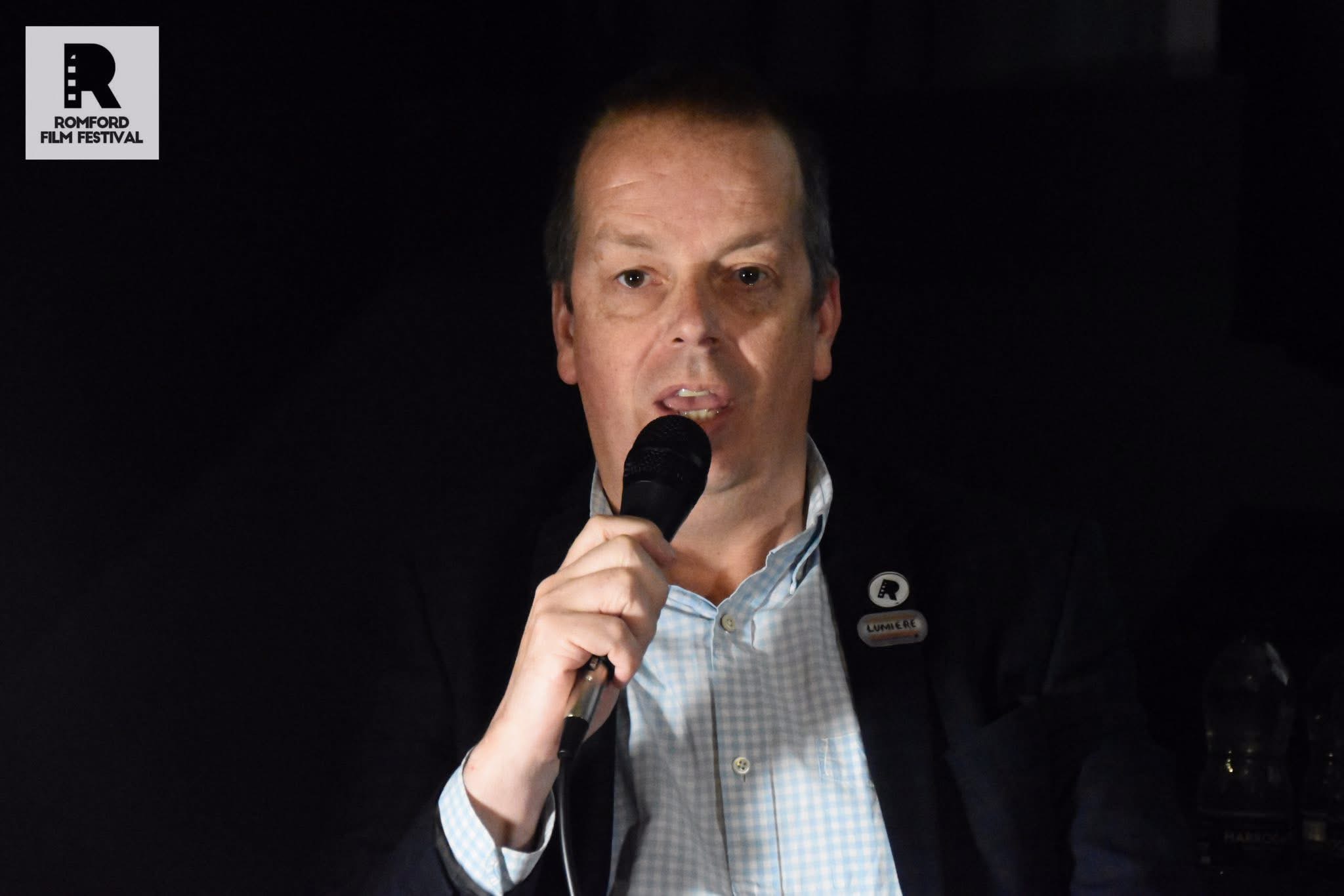
We had the good fortune of connecting with Spencer Hawken and we’ve shared our conversation below.
Hi Spencer, can you walk us through the thought-process of starting your business?
I’m no stranger to entrepreneurship; I started my very first business in 1989. Since then, I’ve had a succession of ventures, some highly successful, others less so. However, as I’ve journeyed through the years and reached my mid-50s, I believe I’ve gained a much clearer understanding of what works and what doesn’t.
The last decade or so of my life took an unexpected turn. For the first time, I fell into a stable work pattern, staying in a single job for 13 years. It was a period of security, providing a reliable income and fostering significant personal growth through consistent employment. Yet, a persistent voice in the back of my mind kept urging me to pursue something different – and that’s precisely what I did.
I’m currently involved in a range of businesses, primarily centered around running film festivals. But this year, 2025, I took a leap and ventured into something completely unexpected, though still related to the film industry. A cinema within a shopping center – which I happened to be managing at the time, not the cinema itself – became available. I saw it as an unprecedented opportunity to innovate, to “break a few eggs” and create something truly unique.
The UK cinema industry, much like the rest of the world, is currently struggling. I believe this is largely due to two factors: an exclusive focus on profit and a widespread inability to adapt. The previous operators of this cinema, for instance, were so set in their ways that when challenges arose, they were paralyzed. To a degree, they simply sat on their hands, waiting for the inevitable downturn, which, of course, arrived. It’s incredibly difficult when you’ve been successful for a long time to suddenly pivot and acknowledge that an industry is changing, and I believe that’s what happened with the previous operators; they watched as everything spiraled downwards.
Thus, Lumiere was born. We launched this cinema as something fresh and exciting, a blend of brand-new mainstream blockbusters, independent films, and a celebration of silver screen classics. It was conceived as a venue where events would be a mainstay of its weekly activity, offering a far greater variety to its audience than a standard cinema. This approach has quickly garnered us a loyal following.
It certainly hasn’t been plain sailing. At the end of our first month, we found ourselves about £30,000 in debt. But what new business venture doesn’t encounter some initial financial hurdles? We’ve slowly worked our way out of this, and our day-to-day operations are now much more successful.
Lumiere isn’t a conventional cinema or a typical business; it’s a cooperative charitable beneficial society. Our aim isn’t to generate profit but to cover our overheads. Should any profit be made, the members of the society benefit through credits to their accounts. This is a remarkably socialist business style for someone who is, if anything, more conservative. However, I’ve always believed that communities can collaborate for the greater good and support one another.
So, when asked about the idea behind my business model, it’s simply this: to create positive change. No one is excluded from the Lumiere experience. If you’re deaf, blind, have autism, or dementia, we’ve got you covered. Because we’re not obsessed with making a profit, we can create unique situations where people are at the forefront of everything we do. For example, we hold regular “baby and parents” screenings where the films are chosen for the parents, not the babies. This allows parents, who can often feel isolated with a newborn, to enjoy a range of new cinema releases in a way that works for them.
Working in innovative ways and continuously adapting our business model makes us more resilient to change. The previous cinema in this location offered a very generic Monday-to-Sunday experience, simply playing films and nothing else. We, on the other hand, host concerts, stand-up comedy, other musical entertainment, conferences, seminars, talks, and book readings. We even offer sound baths and therapy sessions.
I gave up my career to create this new breed of cinema because I wanted it to be something resilient that would stand the test of time. Ultimately, when I retire in a few years, I want it to be a self-sustaining entity, continuously driven forward by emerging teams.
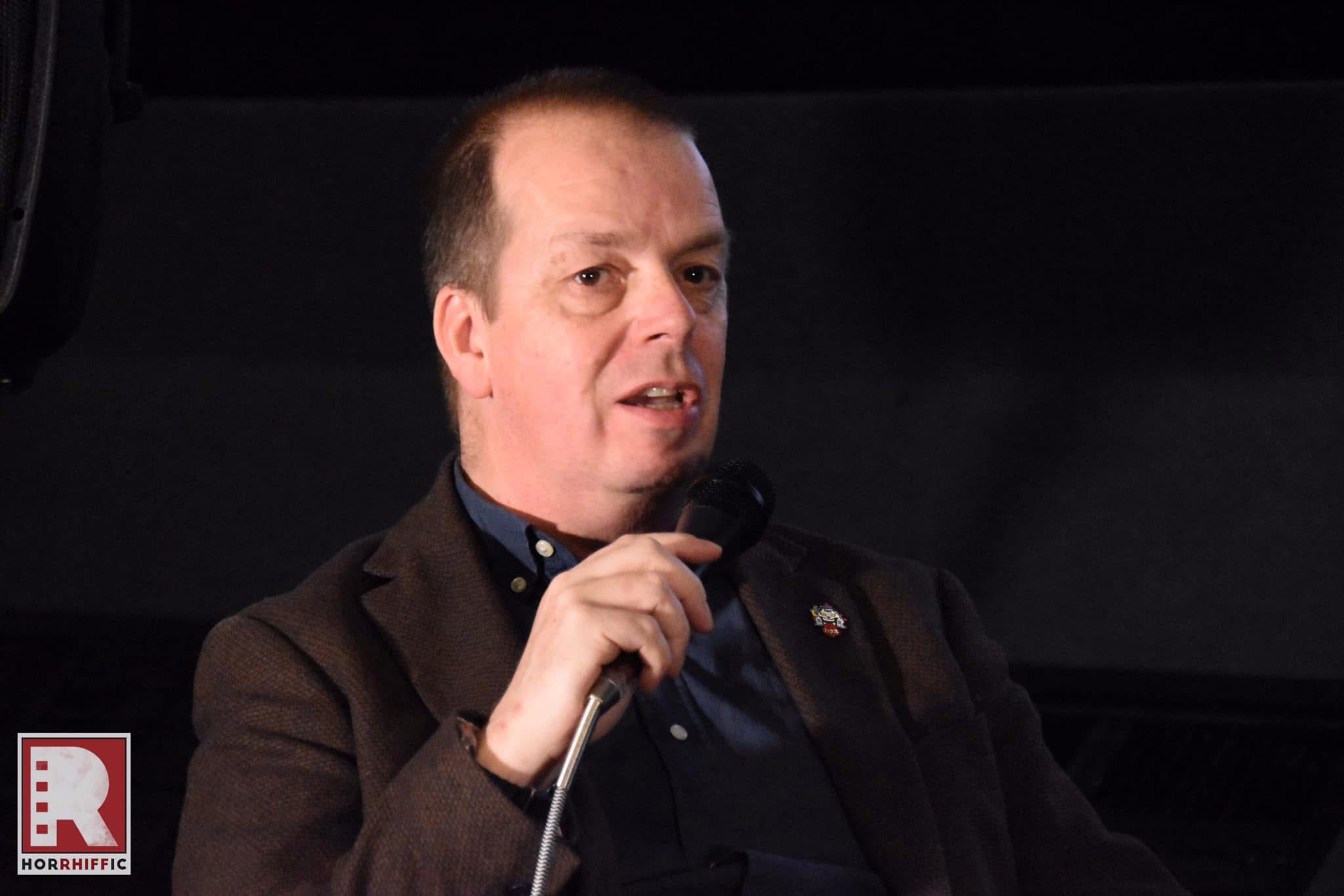
Let’s talk shop? Tell us more about your career, what can you share with our community?
It’s truly hard to pin down my career path; it’s been all over the map. From my early days as a waiter and shop staff, to being a “bluecoat” entertainer at a holiday camp, and even running a bar on a Greek island, I’ve always been keen to try something new. The moment a job stopped being enjoyable, I’d move on.
Despite this varied trajectory, I consider myself reasonably successful for most of my life, often creating businesses to fill short-term employment gaps or even as full-time ventures. My first entrepreneurial spark ignited when I was running video libraries around Dorset, England. This early experience later proved invaluable when I set up my companies selling DVDs worldwide. That, in turn, led me to filmmaking, then to running film festivals, and now, to operating a cinema.
People who know me often find it fascinating where my name pops up. Sometimes, they’ll be researching legendary department stores and, to their surprise, find my name there, asking, “What on earth were you doing in that business?” Recently, someone suggested my business needed a famous patron and then, searching for notable people from the area, they were astonished to discover I was one of them. Whether you’re a fan of Doctor Who, blockbuster movies, or more informational television, my name will randomly appear somewhere. Not in every single show, of course, but I believe this adaptability and willingness to change have led me to some incredibly interesting places. I can’t think of many people who’ve gone to a country they didn’t even know existed five years earlier and addressed the nation, but that’s exactly what happened to me. I don’t think I’d ever heard of Uzbekistan before 2017, so it was quite a surprise when I was sent there as an envoy for a Film Festival, representing UK film and speaking on live television.
There’s no straight line to my career path that would make sense to anyone, which means when I’m actively looking for work, I either have to omit large sections of my career history or hope I’m introduced through someone else so my CV makes more sense. Because, on a day-to-day basis, it really doesn’t. I mean, imagine one day I’m an area manager for a retailer, and the next, I’m a business development manager for Instagram—it makes no sense, so I won’t even try. Needless to say, my career has been incredibly varied. There are aspects I’ve loved and aspects I’ve hated, but I’m not sure I regret a single one.
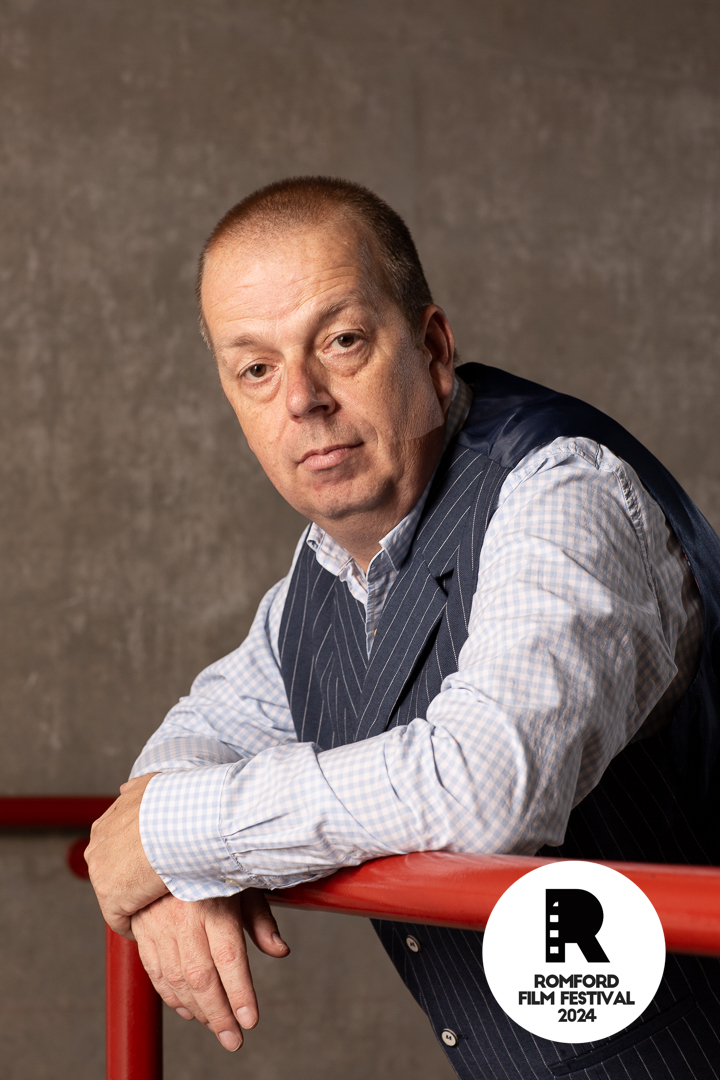
Let’s say your best friend was visiting the area and you wanted to show them the best time ever. Where would you take them? Give us a little itinerary – say it was a week long trip, where would you eat, drink, visit, hang out, etc.
I suppose I’d say my city was London, even though I live in its outer suburbs. If I were planning a week there with someone, here’s what we’d do.
In London, I’d start by taking them to Liverpool Street Station, where we’d walk along the London Wall to Postman’s Park. This is a patch of greenery in a very built-up area, made special by its numerous plaques commemorating people who sacrificed their lives for others. I find this space exceptionally fulfilling. Reading these stories of selflessness, where most of the individuals knew their actions would likely lead to their demise, is incredibly moving. Very few people know about this place, which is why I think it’s so special.
Next, I’d have them walk to a place called the Sky Garden, a rooftop garden that overlooks all of London. To me, this is far more impressive than places like The Shard, which everyone automatically assumes is London’s greatest feature. The Sky Garden is a rewarding and enlightening place, and I truly love the atmosphere there. It’s also one of the few places in the world where the minute you arrive you feel like your in a James Bond villains lair.
If it’s a weekday, we’d then walk down the South Bank for a drink and maybe something to eat. This part of London remains uniquely consistent over time, yet it’s no less impressive. It’s bustling with bars, restaurants, quirky shops, and various outdoor market stalls selling secondhand books. All along the way, you’ll find a variety of museums, art, street art, and even a galleon.
Other places I’d take them include Harrods in Kensington, a shop synonymous with class that people adore. We’d go to Regent’s Park to feed squirrels, watch birds—sometimes parakeets—and occasionally spot deer, badgers, or even foxes.
Kew Gardens is magnificent at any time of year and day, but in the winter months, their magical light displays create a truly warm and traditional, almost tantalizing, atmosphere.
Closer to home in Brentwood, where I live, which is the first town of Essex, we’d explore the many country parks. We’d walk through them, see wildlife, and simply relax, talk, and chill.
However, I don’t truly feel at home in any of these places. For a real glimpse into my understanding of the world, I’d take someone to Venice in Italy and show them all the things tourists typically miss. I’d show them abandoned asylums and beautiful hotels, fantastic parades of restaurants, and stunning beaches. We’d cruise around on boats and experience the authentic Venetian lifestyle, not the one you see on Instagram. There are a few places around the world where I truly feel at home: Venice is one, Puerto de la Cruz in Tenerife is another, and I know enough about Gothenburg and Copenhagen to show even a local places they don’t know.
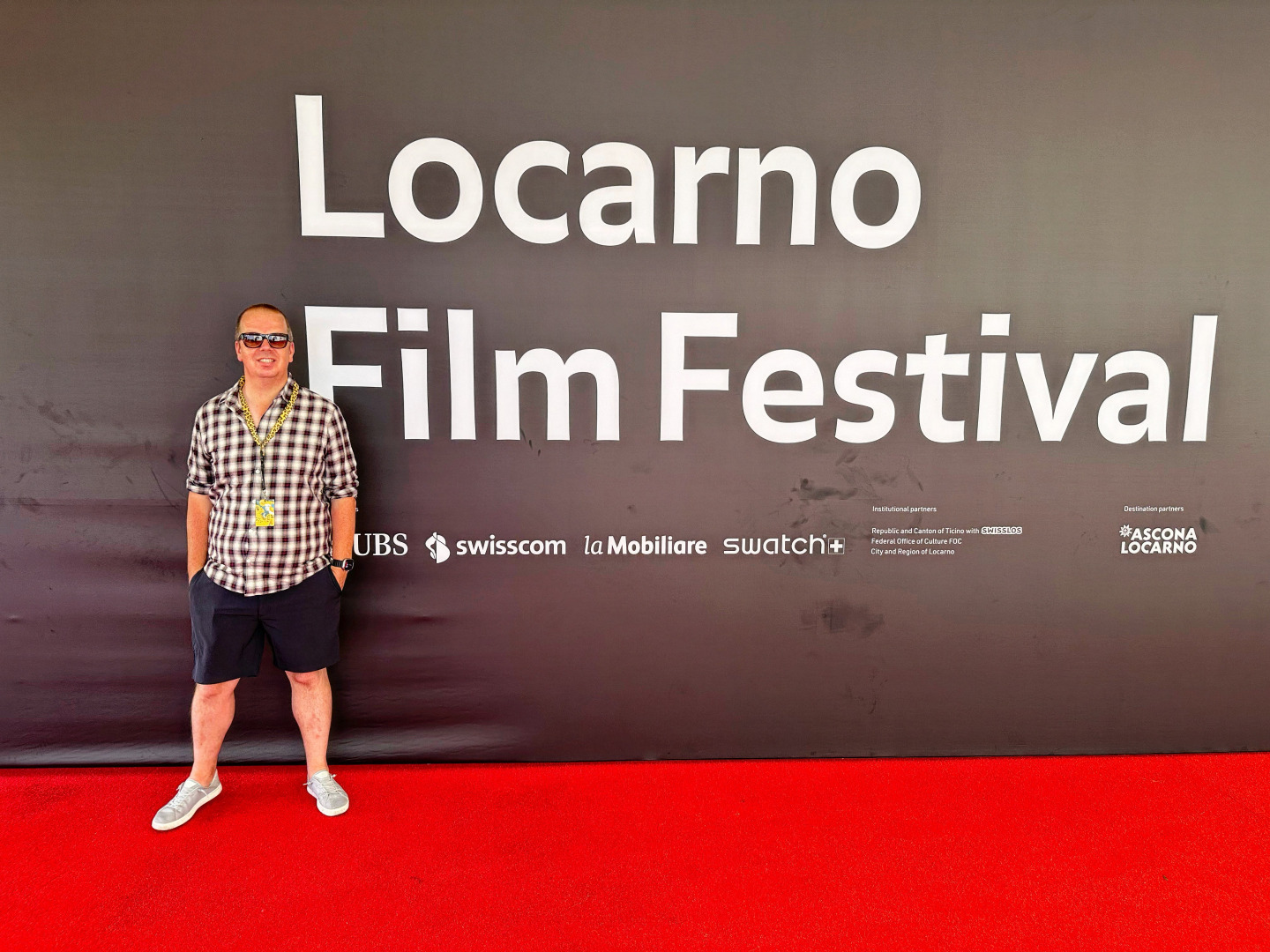
Shoutout is all about shouting out others who you feel deserve additional recognition and exposure. Who would you like to shoutout?
I’m not someone who maintains many friendships over time. I’ve been let down by a succession of them, and I suppose, by the same token, some of those friends might feel I’ve let them down. Who knows? What’s important, though, is to acknowledge your own accomplishments and give credit to the people who support you.
My strongest rock over the last decade has undoubtedly been my partner, Natalie. While she tends to panic over small things, which I find endlessly annoying, she’s an incredibly strong person to have by my side. Many of my successes over the past ten years have flourished because of her; she’s the anchor that keeps me grounded. I say “anchored,” though that might not be entirely accurate, as if she had her way, I’d stick to sensible, conventional paths. She brings a wealth of knowledge and experience, and most importantly, she’s supportive when it counts. She’s not 100% on board with everything, often seeing the dangers in my ventures, but what I’ve learned over the last decade is that you truly have to step outside your comfort zone. Otherwise, life’s opportunities will simply pass you by. So, I guess you could say she tolerates me.
My next “rock,” for lack of a better word, is Peter. He’s come in and taken on the management of this project I’ve created. I’ve only known him for about five years, but in that short time, we’ve traveled to different countries, attended various film festivals, and worked very closely together. I’ve come to trust him implicitly and rely on him. I wouldn’t say we see eye-to-eye on everything, but we’ll get there. He’s often stepped in to salvage situations when they needed it most. I don’t think he truly understands the skill set he possesses or why he has them.
I could easily list many more people I’ve known for a considerable time, like Daniel, Carrie, and Kevin, as well as those I’ve only recently met or previously knew from a distance, who are now part of my everyday life, such as Hannah, Georgia, and Charlotte.
But I suppose the person I need to thank the most is my father. Despite knowing him for a very short period—he died when I was 13—he taught me to never simply accept the status quo. He pushed me to strive forward, asking me about my wants and dreams. He was a man who never settled, constantly focused on his aspirations, whether as a Member of Parliament or a teacher. Settling wasn’t his style. And that includes his personal life; as lovely as my mother was, she wasn’t quite enough for him and was probably too grounded to keep him in check. He had wants and dreams, and I believe towards the end of his life, he probably achieved some of them.
However, healthcare wasn’t what it is today back in 1987; you didn’t just drop in to the doctors for a random check-up. So, sadly, he didn’t know he was dying until the day he died; he simply thought he was unwell. I often wonder what he would have done if he’d known. Because of that, I now live my life seeking to find out about everything, whatever it may be.
Instagram: https://www.instagram.com/spencerhawken/?hl=en
Linkedin: https://uk.linkedin.com/in/spencer-hawken-57b447189
Facebook: https://www.facebook.com/p/Spencer-Hawken-100063199689999/
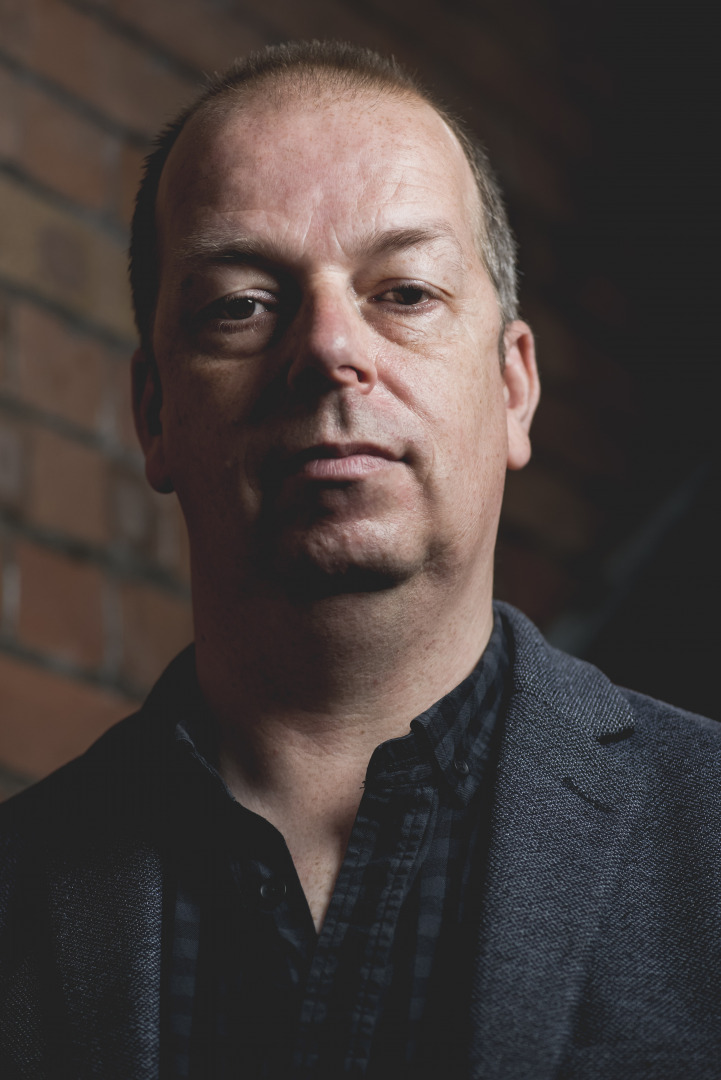
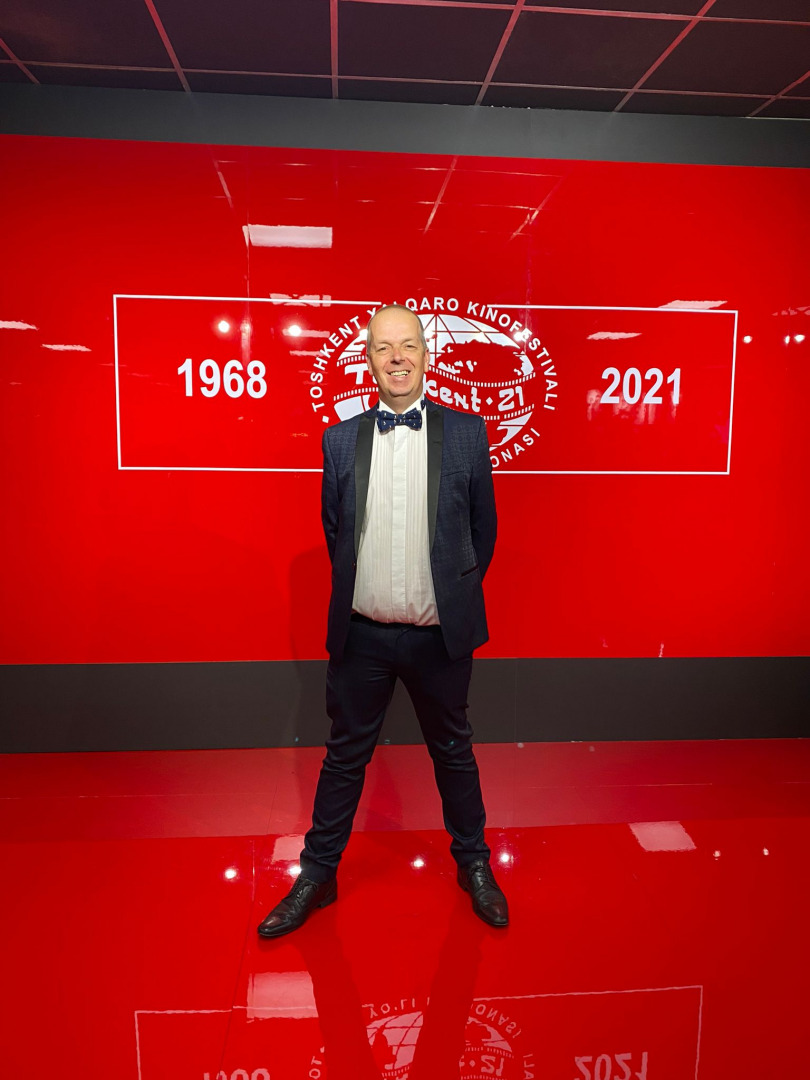
Image Credits
Branded imagery Hannah Davis, others by friends
